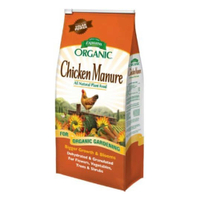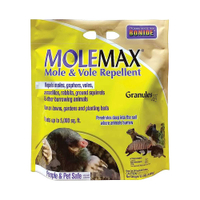Preparing garden soil for spring – 5 ways that will give your new plants a boost
Get your backyard beds primed for planting with these expert tips
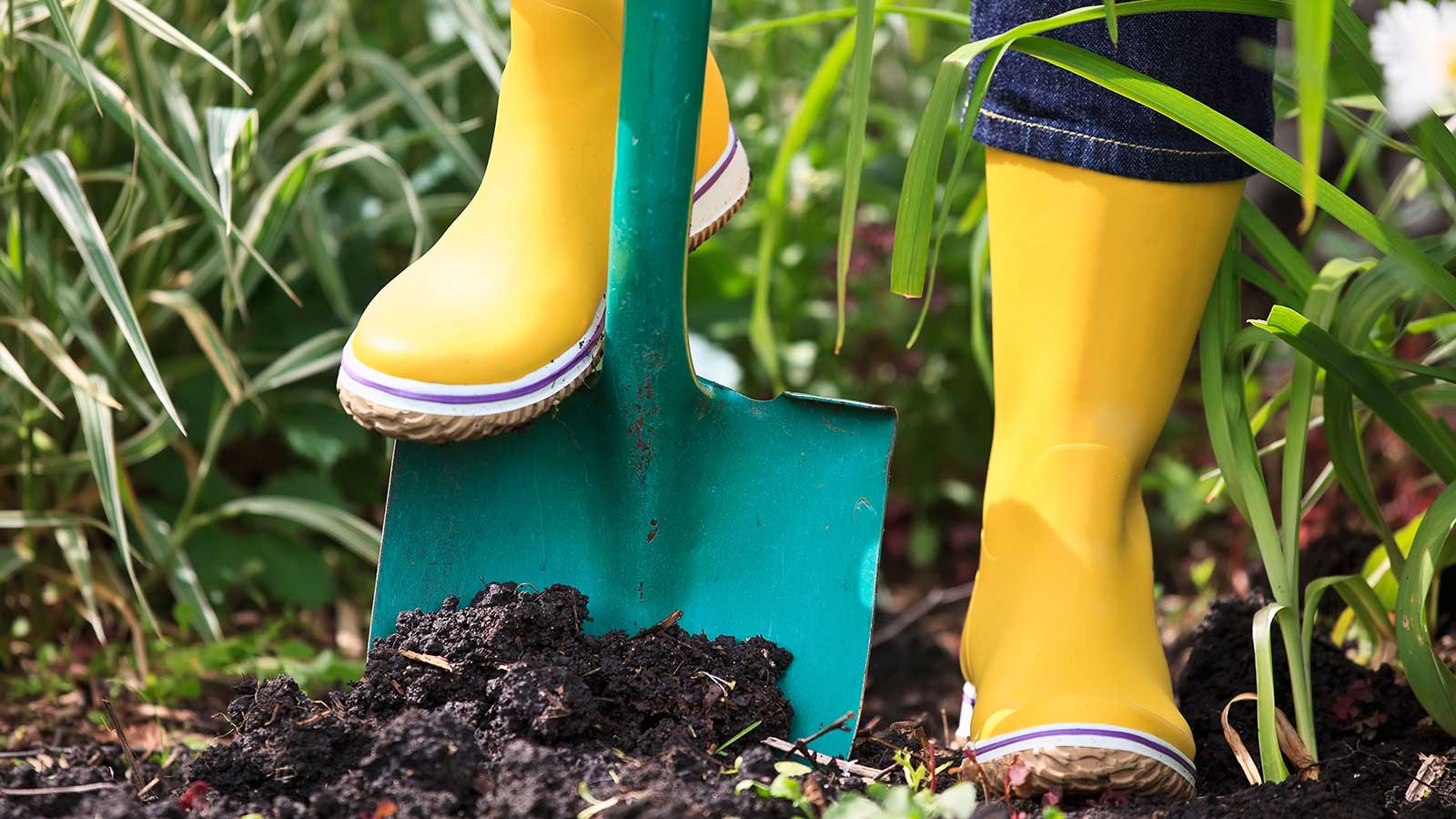

As gardeners, the cusp between late winter and early spring is full of anticipation – the beds that lay bare throughout the colder months are suddenly full of potential as we start planning the flowers and food we want to grow. But before you start planting, there's work to be done to get the soil in the best possible state.
Ruth Hayes, a gardening expert, explains how she's been preparing her beds by raking, adding homemade compost and well-rotted farmyard manure, and ridding them of weeds. 'All this will give existing plants a boost as they get going again after winter and lay the ground for successful seed sowing and germination in a few weeks’ time,' she says.
So, to get your spring garden off to a great start, tick off these jobs below – you'll be welcoming colorful flowers and tasty crops before you know it.
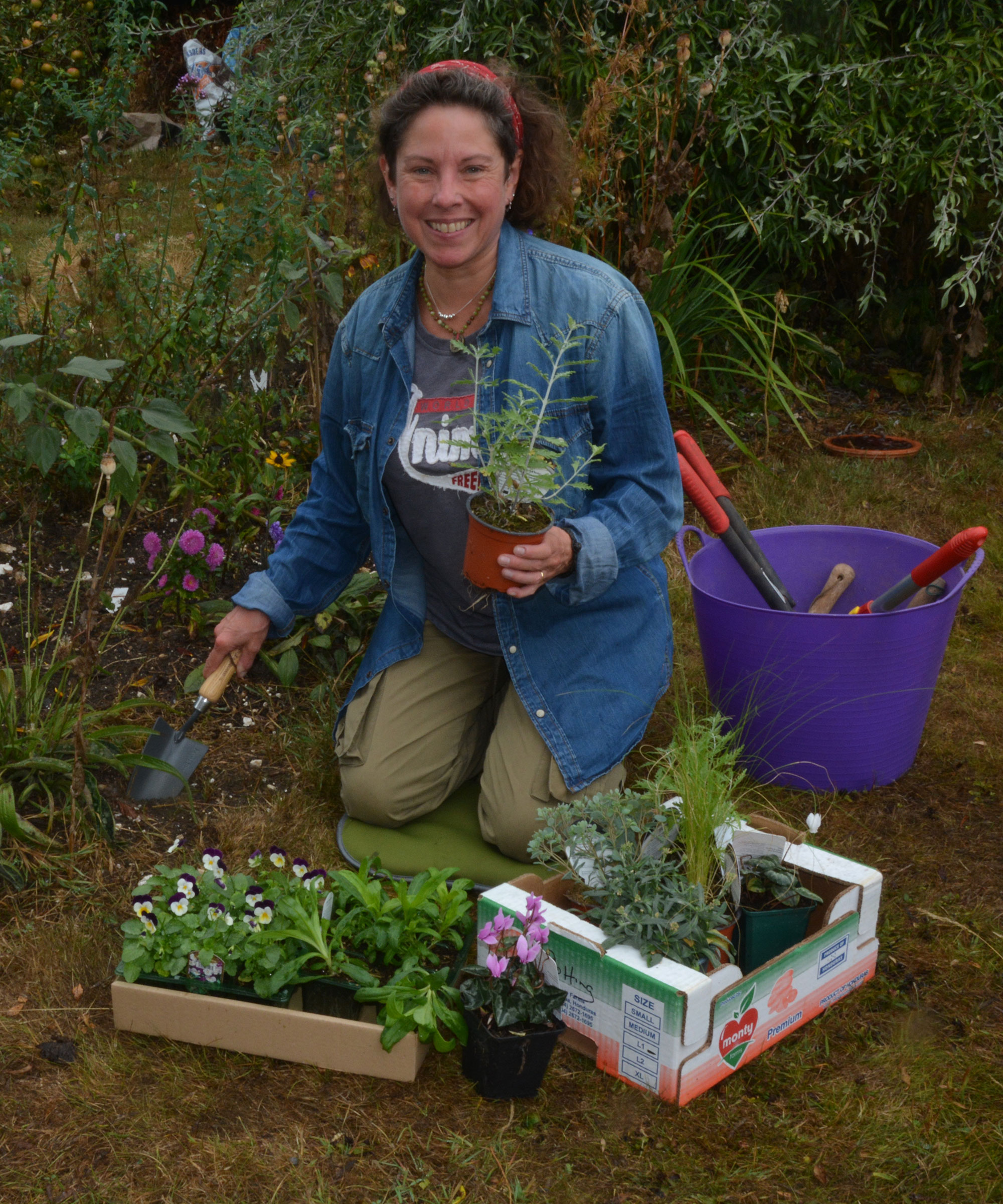
Ruth is the gardening editor of Amateur Gardening magazine, the UK's oldest weekly magazine. She is horticulturally trained and has qualifications from the Royal Horticultural Society. Ruth spends her working days writing about and photographing the gardening jobs that our readers should be carrying out each week and month, and tests many new products that arrive on the gardening market.
5 ways to get your garden soil ready for the warmer months ahead
Improving garden soil is one of the most important jobs when preparing your garden for spring – here's how to do it successfully.
1. Dig in green manure
Green manure is often used in vegetable gardens and you can buy the seeds from Amazon. It's when fast-growing 'cover crops' such as clover and rye grasses are sown to fill empty beds, and are then cut down and dug into the soil to enrich the ground. They also prevent soil erosion during inclement winter weather as they grow.
Hardy types of green manure which were planted in the fall can be dug into the ground in early spring. This will give them time to decompose before you start sowing and planting, says Ruth.
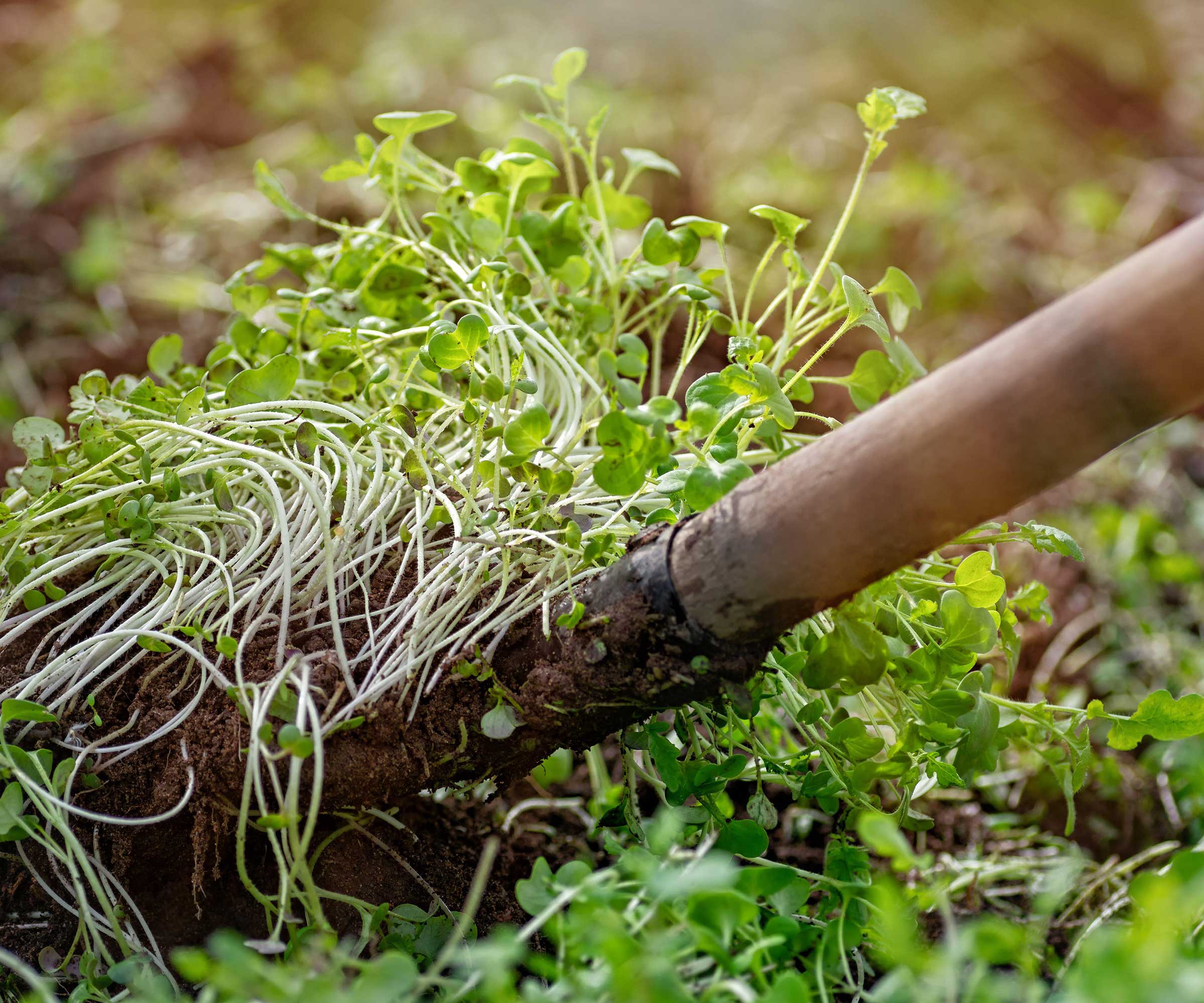
Green manure will add nutrients to your soil
2. Mulch your beds
Mulching is a must in early spring and has multiple benefits, including adding nutrients to the soil as it decomposes, and preventing weeds from taking hold.
'Add a generous layer of well-rotted compost or manure, or even old growbag compost to the borders,' advises Ruth, adding that it will help to improve soil structure.
'Even if bad weather strikes in the next few weeks, which it most probably will, it will work on the mulch, breaking it down and helping to incorporate it into the soil, working in tandem with the worms that are active again after a winter spent hibernating deep down.'
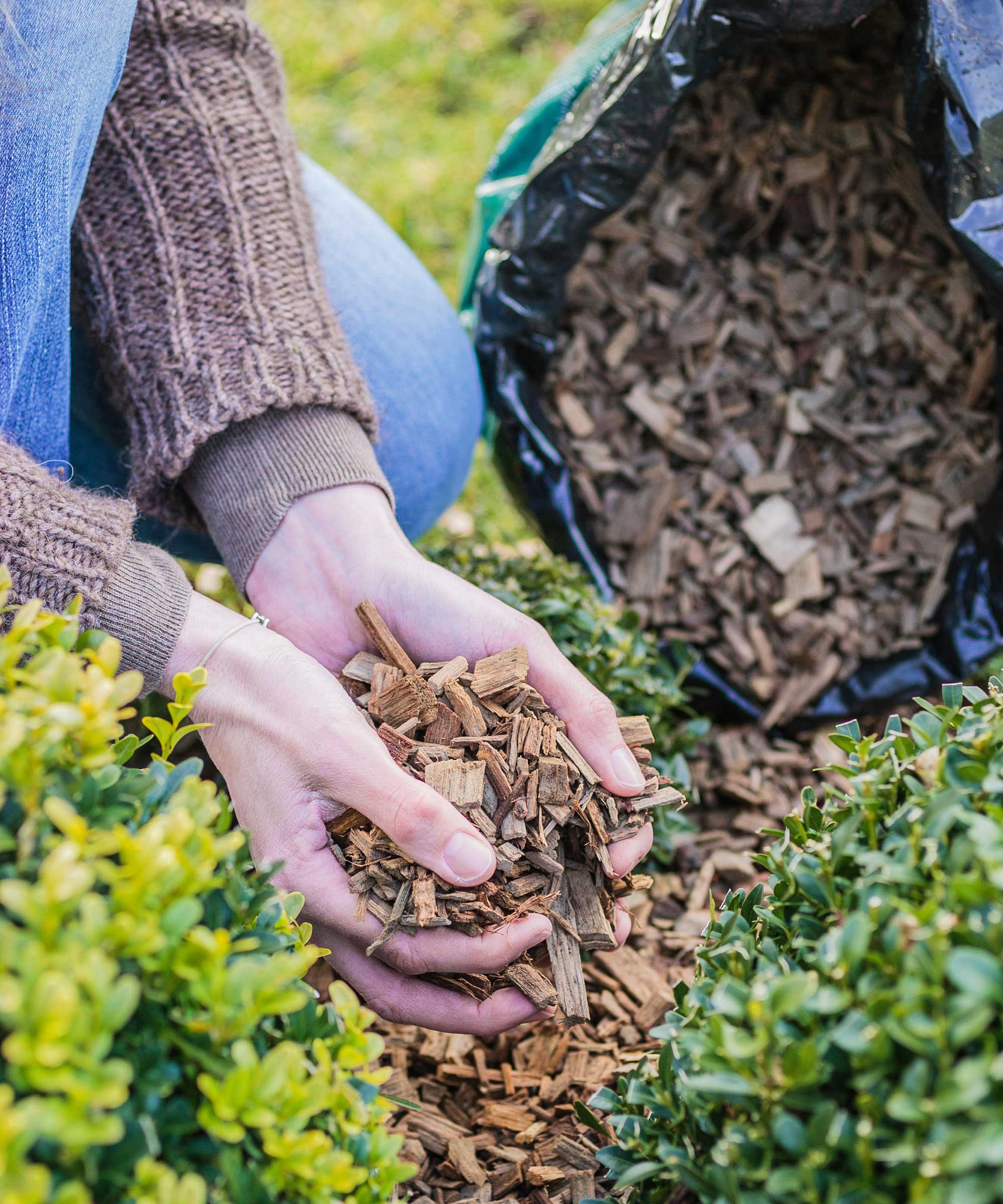
Mulching helps to prevent weeds
3. Add chicken manure
Another way to improve the fertility of your soil is by adding chicken manure pellets – an all-round fertilizer that contains a good level of nutrients. Be prepared for the smell, though – it's not one to use for your houseplants!
'Dig them in now so they have time to break down before planting and sowing,' recommends Ruth.
Espoma Organic Chicken Manure Plant Food | $15.68 from Amazon
This 3.75lb bag of dehydrated, organic chicken manure pellets has good customer reviews if you're looking for an all-natural plant food.
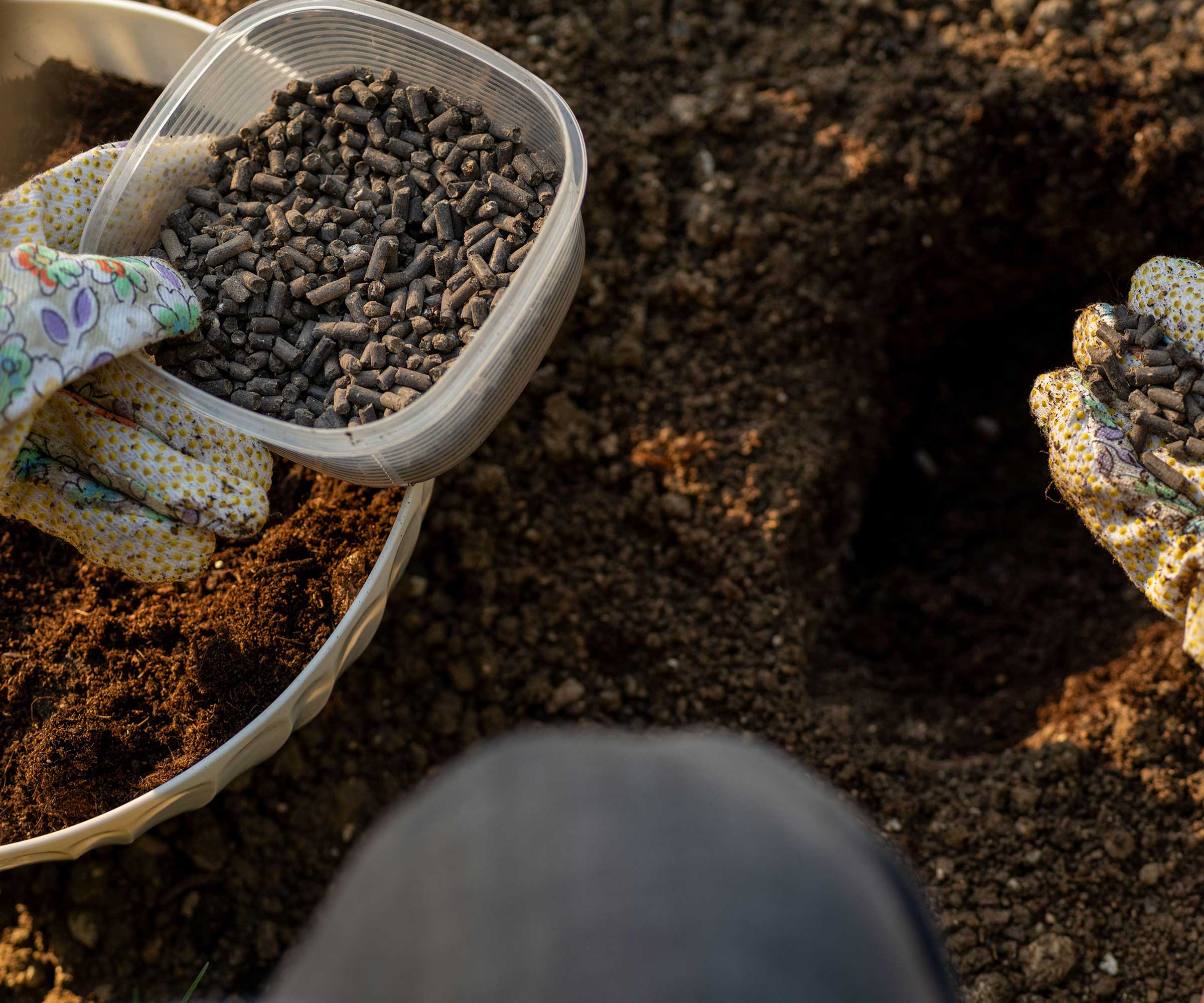
Chicken pellets can be bought online
4. Start tackling weeds
With the weather warming up, weeds can quickly begin to sprout. Stopping them in their tracks as soon as you spot them will make maintenance much easier in the long run.
'Get into the habit of regularly running a hoe over your borders to remove weed seedlings,' says Ruth. If they start to establish, there are safe ways to get rid of weeds without harming your plants.
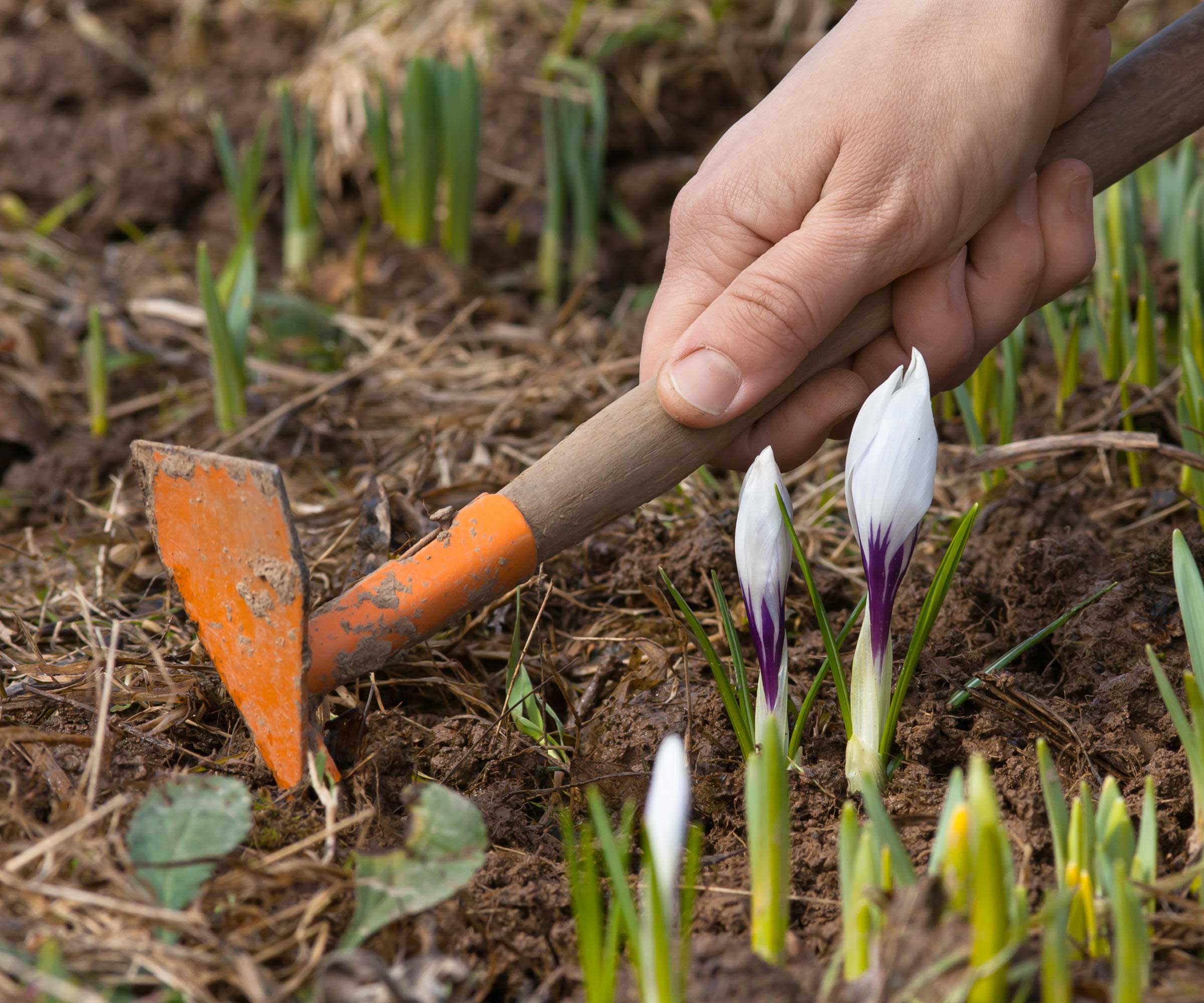
Weed around your early spring bulbs
5. Put down pest control
Wildlife awakens in spring, so keep an eye out for pests in the soil.
'Welcome garden birds and they will pick off caterpillars and other grubs – that robin is following you around the garden as you turn the soil for a reason!' says Ruth.
Spring is also the time to apply lawn grub control if you want to keep your grass looking lush and glorious this summer.
Look out for moles, too: the early months of the year are when they announce their presence with hills of soil around the garden. They are more of an inconvenience than anything else, but can be deterred with repellent granules.
Bonide MoleMax Mole & Vole Repellent Granules | $19.52 from Amazon
A popular, granular formula to deter not just moles, but also other burrowing animals such as gophers, voles, armadillos, and rabbits. It includes castor oil, which acts as a natural irritant to these garden pests.
Preparing garden soil for spring doesn't take long and it sets your space up for better-performing plants. And if you can't wait to get growing, you can then start warming up the soil for an early start.
Sign up to the Homes & Gardens newsletter
Design expertise in your inbox – from inspiring decorating ideas and beautiful celebrity homes to practical gardening advice and shopping round-ups.

Holly started writing about gardening five years ago, and she is a regular contributor to Homes & Gardens. She has also written many gardening features for Woman & Home and Real Homes, too. She has previous experience as a professional gardener, where she helped to plant and maintain private gardens. Holly has also looked after allotment plots over the years and loves to grow her own flowers and veggies from seed. In her spare time, she enjoys visiting local gardens, botanical drawing, and tending to her ever-growing collection of houseplants.
-
 Martha Stewart's intelligent cabinets 'take every inch into consideration' – their 'visually light' style will solve your small kitchen storage problems
Martha Stewart's intelligent cabinets 'take every inch into consideration' – their 'visually light' style will solve your small kitchen storage problems'Every kitchen can be beautiful and functional, no matter what the size': 9 years since sharing her clever storage, Martha's cabinets are just as beautiful
By Megan Slack Published
-
 This once-dated kitchen is now a timeless space with the coziest details – and its the classic color palette that's made it a chic, welcoming space
This once-dated kitchen is now a timeless space with the coziest details – and its the classic color palette that's made it a chic, welcoming spaceWarming colors and natural materials combine to create this enduringly classic kitchen scheme
By Molly Malsom Published
